|
30 Kiwis have bravely shared their stories about a topic that remains taboo: not being a mother. In ‘OTHERHOOD, an essay collection to be published by Massey University Press, the writers explore a diverse range of difficult, complicated, and sometimes joyful experiences. Edited by Alie Benge, Lil O’Brien and me, ‘OTHERHOOD will be stocked in bookstores around Aotearoa from 2024 - and the Boosted crowdfunding campaign launching today will ensure the contributors get paid. “Thirty incredible stories written by some of Aotearoa’s most exciting writers have been selected to appear in the book - and we need help to pay them,” says Lil. “Contributors include MP Golriz Ghahraman, Jackie Clarke from The Aunties, and Paula Morris, who is a legendary figure in the Aoteraoa literary scene. But we’re also stoked to publish some new and upcoming writers, some of whom have never been published before. “We aim to raise $15K to pay the 30 writers $500 each for their mahi – and for their bravery in sharing their stories about a common experience that still doesn’t get talked about.” Not being a mother can feel profoundly ‘othering’. Those of us without children are familiar with the insensitive comments. Even the question ‘Do you have kids?’ can be hard to answer – what do you say if you’ve been bereaved, or if you’re having a miscarriage? Often, it’s easier to be silent. ‘OTHERHOOD gives voice to those of us who aren’t mothers. Alie says care has been taken to ensure that the essays touch on joy as well as sorrow. “The hilarious, heart-breaking and thought-provoking essays cover topics including religion, blended families, bereavement, queerness, foster care, disability, infertility, domestic violence, mental health, and freedom from social expectations,” she says. “And some of the essays are about the joys of being a big DINK – Double Income, No Kids!” People who contribute to the Boosted campaign can have their name included in the book, will receive a discount code once the book is published, and will be invited to the launch parties. Donations can be made on the Boosted platform. Somehow I've managed to be just as busy this year as I usually am when I work a regular job. I always seem to have several projects vying for attention, and this year they include the Misconceptions web series, a top-secret web series, short stories, essays, a secret path adventure book, co-editing the essay anthology 'Otherhood, and progressing a novel that may or may not turn out to be any good.
The second Misconceptions web series - Unravelling Anxiety - is out now via NZ Herald. Director Charlotte Wanhill is the mastermind behind this project, and I wrote the articles that accompany the webisodes. My secret path adventure book The ManyEnding Story was shortlisted for the Laura Solomon Cuba Press Prize, my essay Who Shot The Last Huia was published on The Spinoff, and I handed the second draft of my novel to a manuscript assessor just before flying off to Hungary for the Hungarian Writers Residency. While I'm here I'm learning about wolves - and launching a crowdfunding campaign to pay the 'Otherhood contributors. When I get back I'll continue juggling my projects, and teach a couple of fiction classes to University of Otago students and staff. But it hasn't all been work - I've also had fun in the University of Otago Print Room, I got to get my portrait taken by photographer Graham Warman, and I've regularly been catching up with the other Arts Fellows for coffees and chats. And while I'm in Hungary I'm getting as much sight-seeing in around my writing as I can, too. I've had the incredible good fortune to be selected for the Hungarian Writers Residency, and am partway through a journey that's taken me from Dunedin to Budapest and now Pécs, which is in the South Transdanubian region of Southwest Hungary.
We spent three days in Budapest before coming to Pécs and in both cities we have been amazed by the history, the culture, and the evident importance of the arts in Hungarian culture. In Budapest we stayed in Callas Hotel opposite the newly-renovated Opera House. We visited the National Gallery where I loved the work of József Borsos and Róbert Berény. We went to the cheeky, modern Pygmalion Effect ballet, and I went to Cafe New York, once the hub of the Hungarian literary scene, where I sampled strawberry coffee and raspberry ganache beneath gilded frescoes. We went on a walking tour that included Magyar Tudományos Akadémia - The Hungarian Academy of Sciences - founded in the 1880s to develop the Hungarian language, sciences and arts. A group of writers led the reform that added ten thousand words to the language. We also visited Parliament, the Castle District in Buda, and got caught in a thunderstorm after a night cruise on the Danube. Here in Pécs we are staying in the vibrant Zsolnay Cultural Quarter. Formerly the residence and ceramics factory of the Zsolnay family, the quarter features a planetarium, museums, an excellent chocolate shop, a puppet theatre, and works from the Zsolnay factory. One of the lovely things about Pécs is the music. We can often hear beautiful music being played here in the quarter, and musicians play around Széchenyi Square, too. The square has been used as a marketplace since the Middle Ages. The town centre is a short, pleasant walk from our accommodation. On the way are the remaining ruins of the Budai gate of the old city wall, now featuring the city seal of Pecs from 1445. Once in town there are all sorts of indulgences to enjoy. The Dubai shop sells baklava, dolmades and feta, and there are plenty of ice-cream and cake shops. I have been on the hunt for fruit soup. I would really like to try sour cherry soup and strawberry soup. (I've tried apple soup so far.) Pécs appealed to me because it is similar in some ways to Dunedin. It’s about the same size in terms of population, it’s also a university town, and it's also very pretty. On the other hand, there are also some pretty big differences. New Zealand is a young country, whereas people have lived in the Pécs region for around 80 thousand years, originally in the caves of the nearby mountain range. Though it might sound strange, the clouds are different here - familiar to me though from artworks set in Europe. And of course, coming from winter in Dunedin, it's a lot warmer here. It's amazing how hard it is to do the simplest things once the temperature nudges the mid-30s! Before coming to Hungary I read Embers by Sándor Márai and The Door and Katalin Street by Magda Szabo - all excellent books. I particularly enjoyed The Door. As part of my preparations I also met with a Hungarian lecturer from the University of Otago. He gave me some information about Hungary, and also said: "Have you heard about the wolf?" I had not heard about the wolf... but now I'm on a hunt that might take me from Pécs in the south up to the Zemplén mountains in the north. Thanks to the Hungarian Writers Residency and also to the Winston Churchill McNeish Fellowship. |
AuthorKathryn van Beek (she/her) is a Pākehā New Zealander of Dutch and English descent. A Robert Burns Fellow and a Winston Churchill McNeish Writers’ Fellow, Kathryn has a doctorate on the topic of using writing as a tool for positive change. Archives
April 2024
Categories
All
|
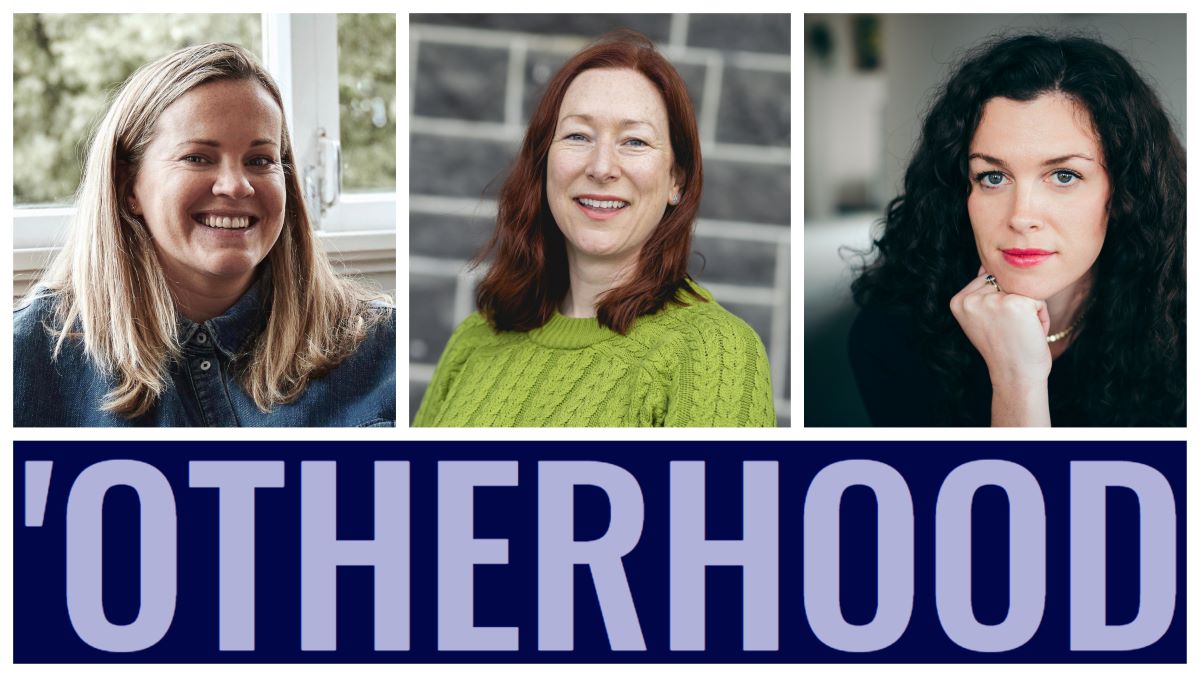
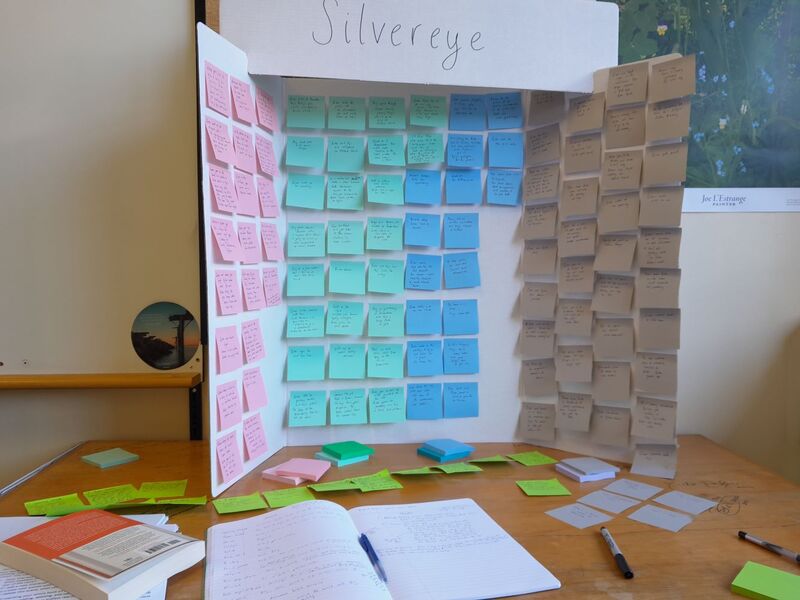
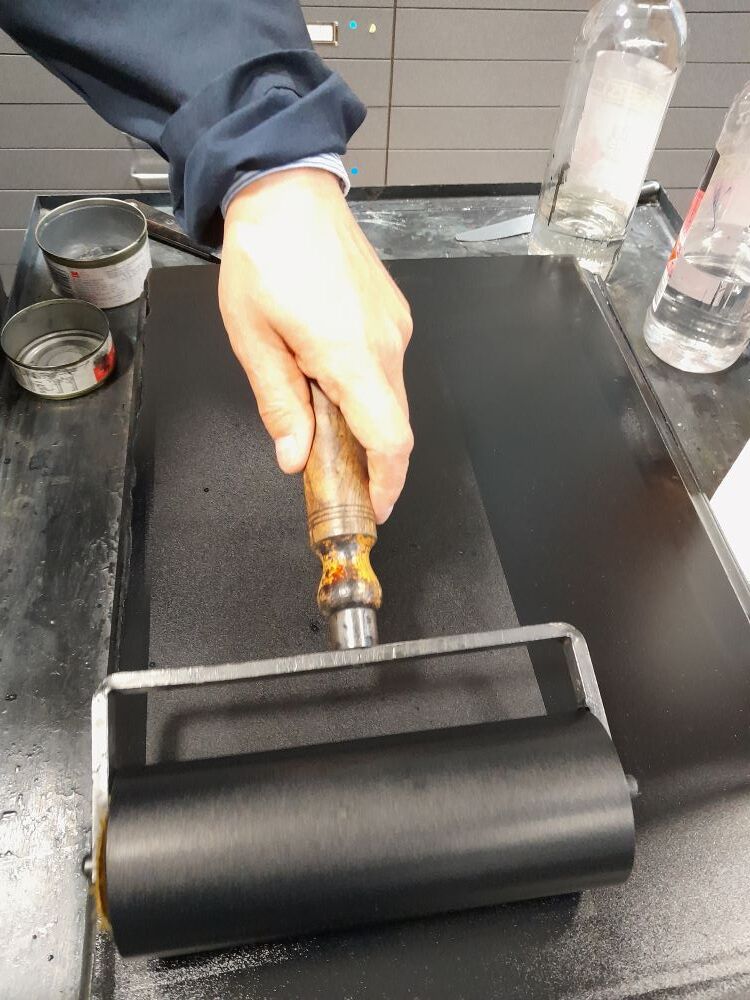
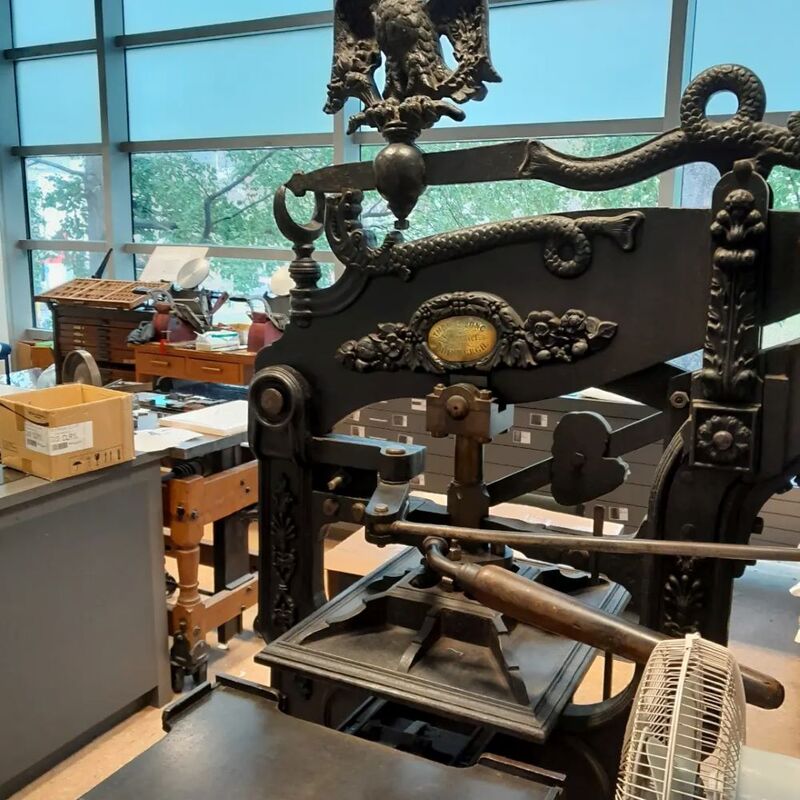
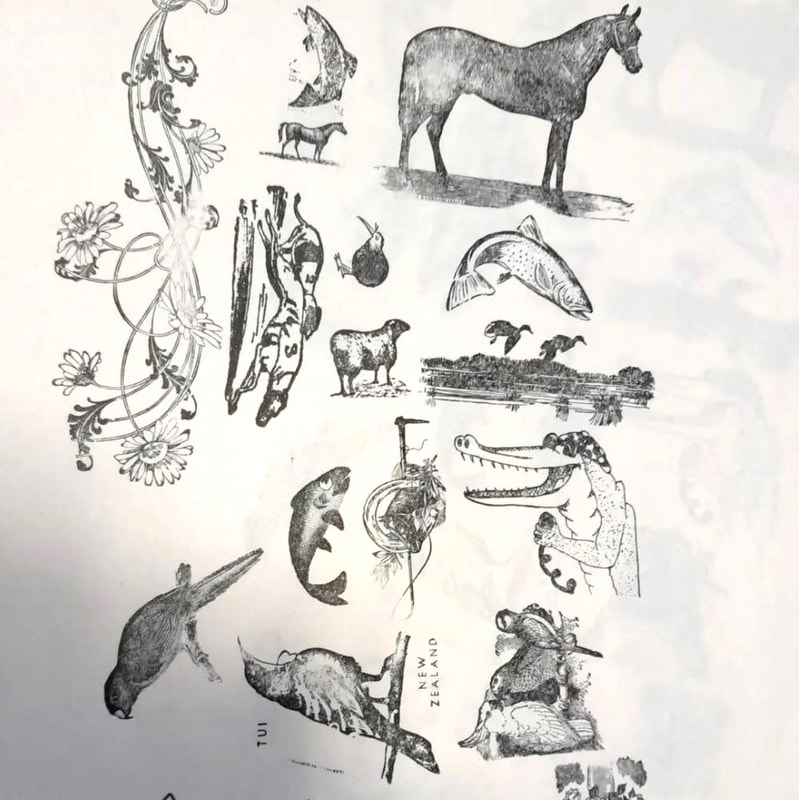
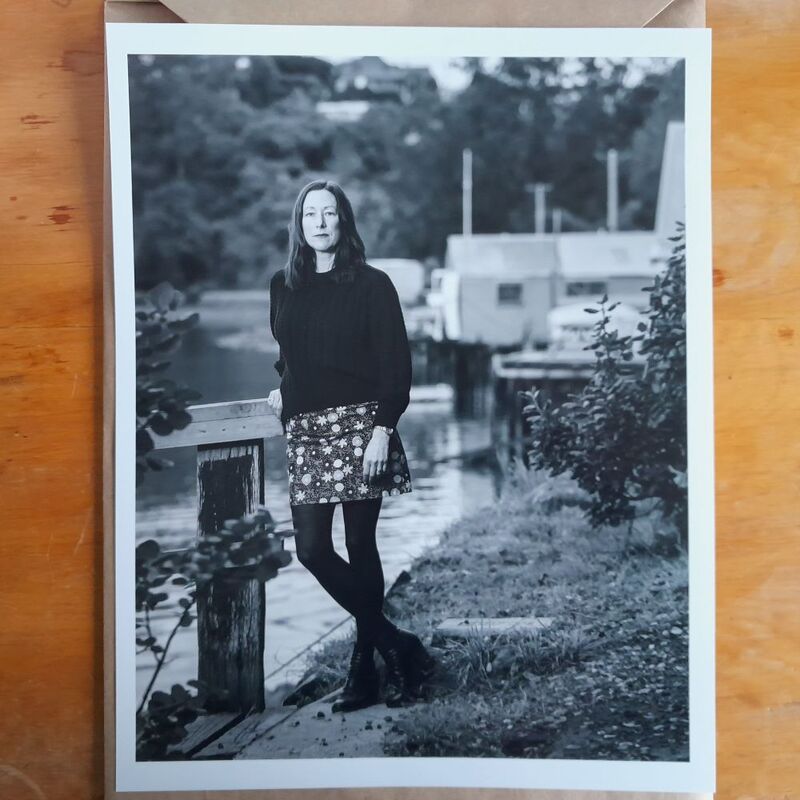
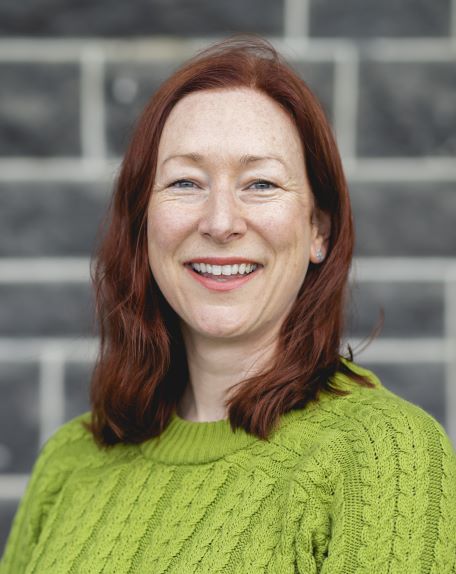
 RSS Feed
RSS Feed